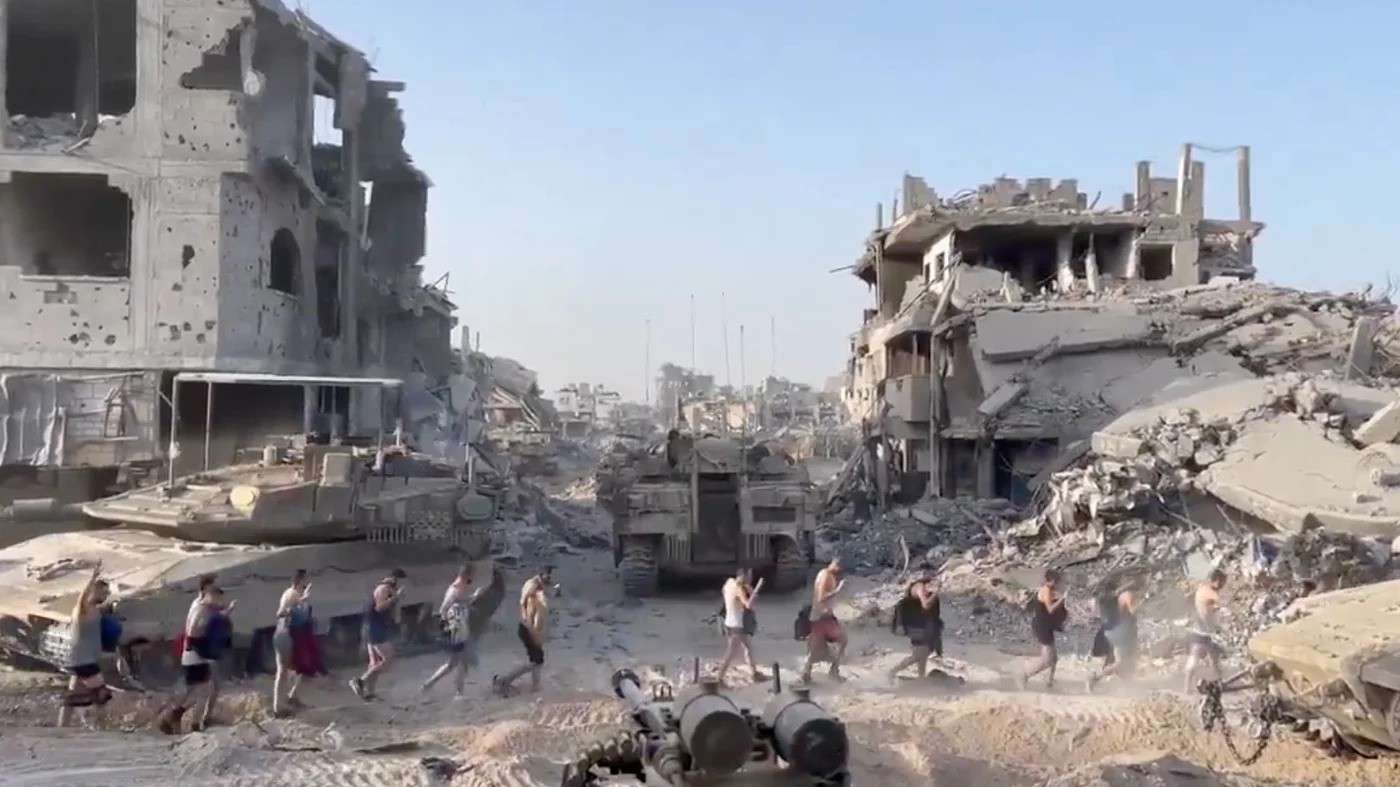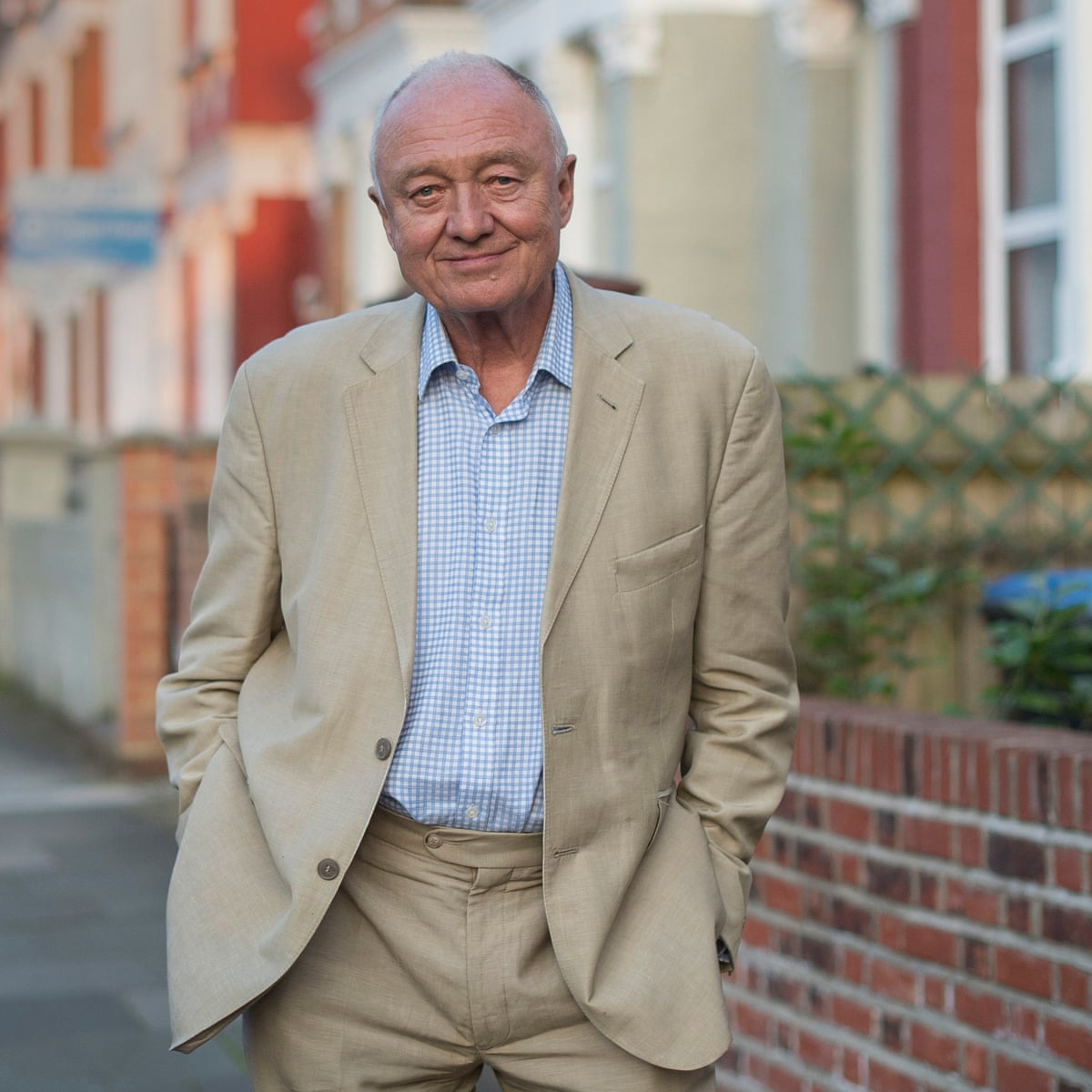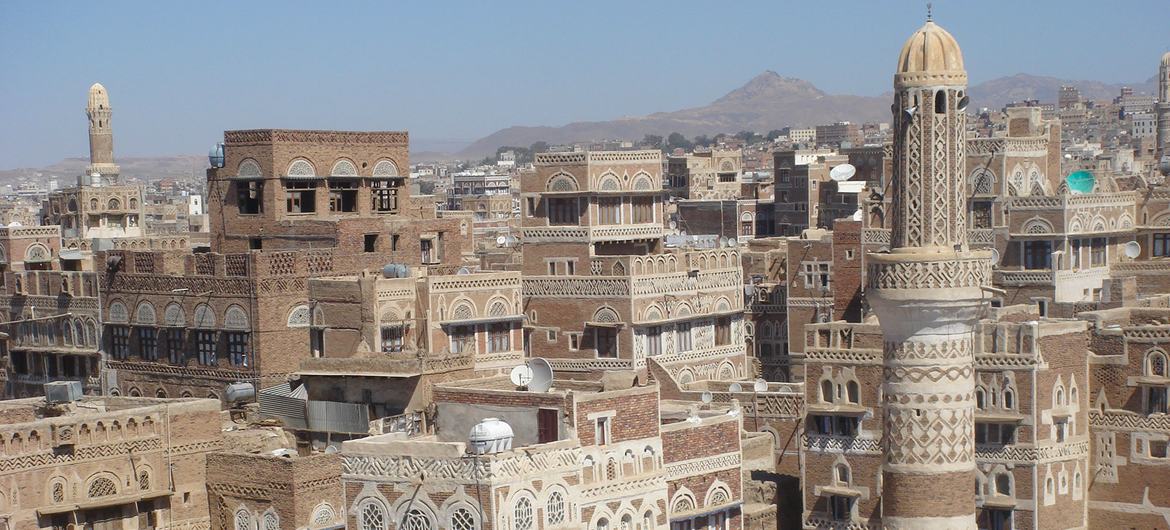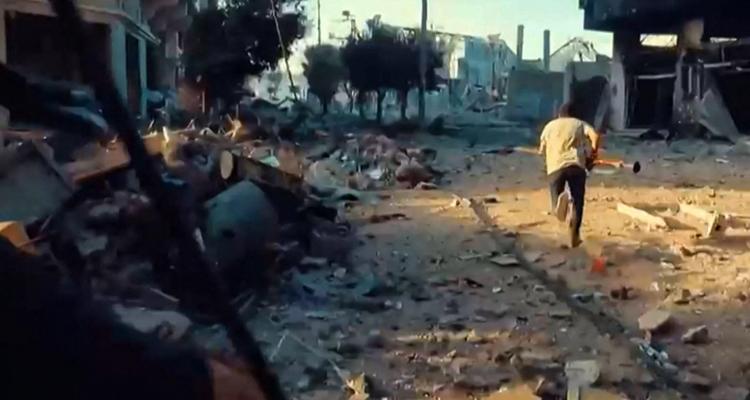To Israel: Stop Killing Palestinian Prisoners!
Following the news that five more detainees from the Gaza Strip have been killed in a 24-hour period, Euro-Med Human Rights Monitor urges the United Nations to take swift action. The UN must send an international investigative mission to look into the grave crimes and violations that Palestinian prisoners and detainees endure in Israeli prisons and detention facilities.
Premeditated killings
Since the October 2023 start of Israel’s genocide against the Palestinian people in the Gaza Strip, the number of crimes involving premeditated killing, killing under torture, torture, ill-treatment, and enforced disappearances of Palestinian prisoners and detainees—particularly those from the Strip—has increased at an unprecedented rate in the prisons and detention facilities operated by the Israeli army and prison administration authorities. Given the methodical and pervasive way in which these crimes are committed in Israeli prisons and detention facilities, they cannot be regarded as the isolated behaviours of individual perpetrators.
Three detainees from the Gaza and Northern Gaza governorates have been confirmed dead by Euro-Med Monitor. One of them, Mohammed Rashid Saeed Al-Akka (43), was killed in the Negev Prison today (Monday 30 December). He was arrested by Israeli forces in October 2023 at a military checkpoint on Salah Al-Din Street, south of Gaza City, while being forced to move from the Zeitoun neighbourhood to the southern Strip after his neighbourhood and the school-turned-shelter where he had sought safety were both destroyed.
The second detainee, Samir Mahmoud Al-Kahlout, was taken into custody by the Israeli army on 25 October 2024, while he was being treated at Kamal Adwan Hospital. He died on 3 November 2024, just nine days after being taken into custody—the result of ongoing torture that was concealed until yesterday (Sunday 29 December).
Death in Israeli Jail
Ashraf Muhammad Fakhri Abd Abu Warda (51), a resident of Jabalia, in the north of the Strip, was the third detainee. He was arrested on 20 November 2023, while being forced to flee from Jabalia to the southern section of the Strip, and died on 29 December in Israel’s Soroka Hospital, two days after being moved from the Negev Prison to the hospital. Notably, his family has said that he had no health issues.
The fourth inmate was 58-year-old Zuhair Omar Al-Sharif, who had been in custody since 7 October 2023. While he was employed in Israel, he was arrested by the occupation. Al-Sharif was married and had six children. Euro-Med Monitor notes that his family has said that he did not have any health issues. He was killed on 18 October 2023.
The fifth victim was 57-year-old Muhammad Anwar Labad, who was arrested by the Israeli occupation army on 18 November 2024, during his displacement from the north to the south alongside his family. He was married and had eight children. Before his arrest, he suffered from liver cirrhosis and diabetes. He died on 27 November 2024.
The recent deaths of these detainees bring the total number of Palestinian prisoners and detainees killed in Israeli prisons and detention facilities since 7 October 2023 to over 54, including 35 incarcerated individuals from the Gaza Strip. According to former detainees’ testimonies, the true number of victims could be more than twice as high.
Euro-Med Monitor stresses that, given the systematic and pervasive nature of these crimes and the complete immunity enjoyed by their perpetrators, whether at the judicial, political, military, or social levels in Israel, crimes committed in Israeli prisons and detention facilities cannot be seen as isolated behaviours committed by individual “bad apples.”
Pervasive
In addition to the dozens of Palestinians who have suffered physical and psychological injuries with irreversible effects and are now disabled as a result of being subjected to one or more of the 40+ forms of torture and ill-treatment reported by survivors, dozens of prisoners and detainees in Israeli prisons have died in recent months due to harsh detention conditions, torture, and ill-treatment practices. These crimes frequently start at the time of arrest and continue throughout the investigation and detention phase, right up until the moment of release.
In addition to the unprecedented rise in direct and indirect killings of prisoners and detainees, the international community’s continued silence regarding the facts and documented reports of killing, torture, ill-treatment, and rape in Israeli prisons and detention centres, as well as the crime of genocide that has affected all Palestinians in the Gaza Strip and led to the killing and wounding of roughly 7% of them, has given Israel the go-ahead to continue committing these crimes and even intensify them.
In addition to being acts of genocide against the Palestinian people, the crimes committed by the Israeli army and other Israeli security forces against Palestinian prisoners and detainees from the Gaza Strip are also full-fledged war crimes and crimes against humanity. This is especially true given that the crimes are routinely carried out against Palestinians with the intention of destroying them as a people, including by killing them and causing them severe physical and psychological harm through torture, mistreatment, and sexual violence, including rape.
All nations and relevant international organisations must act swiftly and forcefully to prevent Israel’s systematic, pervasive crimes of killing, torture, and other grave violations against Palestinian prisoners and detainees to further intensify. These nations and relevant groups must also immediately and unconditionally free those who are arbitrarily detained, permit visits from qualified local and international organisations to all Israeli facilties, and allow victims to hire attorneys.
These crimes must be investigated by the International Criminal Court, and it is imperative that they be added to the list of charges brought against Israeli officials.
The UN Human Rights Council must fire Alice Gill Edwards, the Special Rapporteur on torture and other cruel, inhuman, or degrading treatment or punishment, for her demonstrated inability to carry out her mandate, her bias, and her wilful failure to complete her assigned tasks, as she is clearly unable to effectively and impartially address the grave crimes that Palestinian prisoners and detainees endure. Additionally, a new Special Rapporteur must be appointed who is neutral, unbiased, and steadfastly committed to universal humanitarian principles, without discriminating against victims or aggressors based on their race, nationality, religion, or any other status.
In order for the fact-finding and investigation committees and international courts to consider, investigate, and conduct trials regarding Israeli crimes, hold those responsible accountable, and compensate the victims in accordance with the rules of international law, the Special Rapporteur on extrajudicial, summary, or arbitrary executions, the Working Group on Arbitrary Detention, and the Working Group on Enforced or Involuntary Disappearances must perform prompt and thorough investigations into all crimes committed by the Israeli army in the Gaza Strip, communicate with the victims and their families, and submit reports on the findings to all pertinent parties.

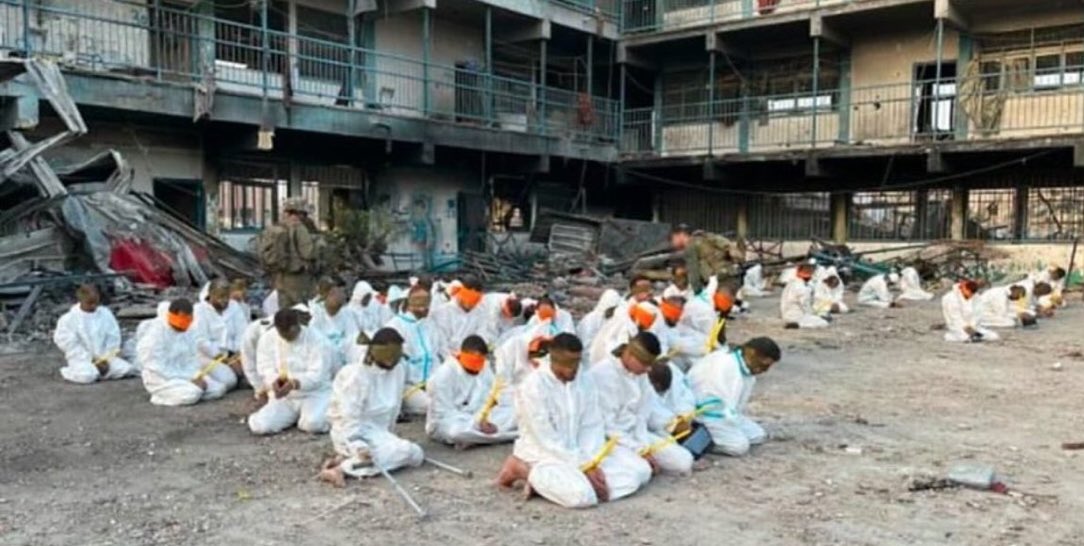
 Five more Palestinian hostages from the Gaza Strip have been reported killed by Israel within a 24-hour period. Five lives lost, and not a single word of condemnation!
Five more Palestinian hostages from the Gaza Strip have been reported killed by Israel within a 24-hour period. Five lives lost, and not a single word of condemnation!